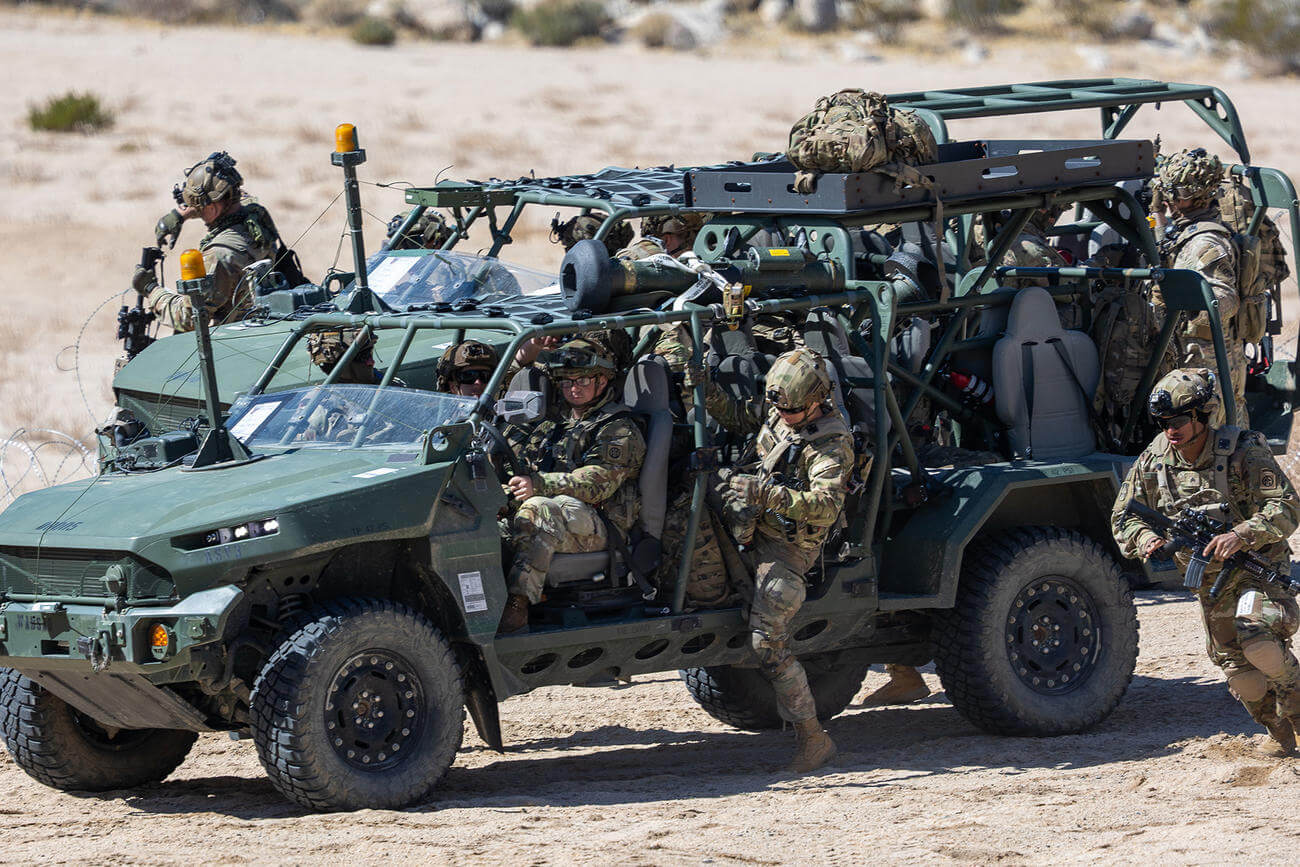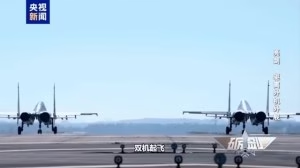Army Creating New Artificial Intelligence-Focused Occupational Specialty and Officer Field


The Army is laying the groundwork for a sweeping expansion of its artificial intelligence capabilities, creating new career fields as the service races to prepare for what top officials see as a tech-driven future fight.
Service planners are moving to establish a new enlisted military occupational specialty focused on artificial intelligence and machine learning, designated 49B, according to internal service documents. A parallel track for warrant officers is also in the works, aimed at building out a cadre of technical experts embedded across formations.
In addition, the Army plans to formalize an area of concentration for officers, opening the door for troops across branches, such as cyber and signal, to build a full career in AI-related fields without leaving their core communities.
Read Next: Guardsmen Pulled off LA Mission as State Warns Troops Are ‘Stretched Thin’ Amid Wildfire Season
The service aims for the new roles to provide “the needed agility by integrating processes through dedicated [artificial intelligence and machine learning] operations for evolving mission objectives,” an internal memo reviewed by Military.com said.
It would be the first time in more than a year that the Army has created a new occupation and formalized career path. In 2023, it created talent acquisition specialists, or 42T, and a parallel warrant officer role to better identify applicants to become recruiters, with the first cohort of soldiers graduating the course for the field last summer.
It’s unclear when the new AI roles will be finalized.
The initiative builds on efforts launched in 2018 under then-Army Secretary Mark Esper, when the service stood up the Army AI Task Force. That eventually evolved into the Army Artificial Intelligence Integration Center, which has since been tasked with bridging the service’s widening technology gap.
The modernization push is accelerating under the second Trump administration, with Army leaders betting heavily that future conflicts will hinge on algorithms, drones and robots.
However, much of the Army’s digital transformation remains theoretical, as frontline units are still in the infancy stages of tech integration, and servicewide doctrine for AI and other tech implementation is likely years away.
Meanwhile, as the Army is laying the foundation for uniformed tech talent, much of the near-term momentum has come from forging deeper ties with the private sector.
Army Secretary Dan Driscoll is driving the service to become increasingly cozy with Silicon Valley firms and has begun commissioning tech executives as senior Army Reserve officers, a move that has sparked criticism over potential conflicts of interest.
“We’ve had a lot of interest from innovators — small companies, big ones, you name it,” Driscoll said during his Senate confirmation hearing in January. “The question is, how do we get into their R&D pipelines early and shape what they’re building before it’s too late?”














